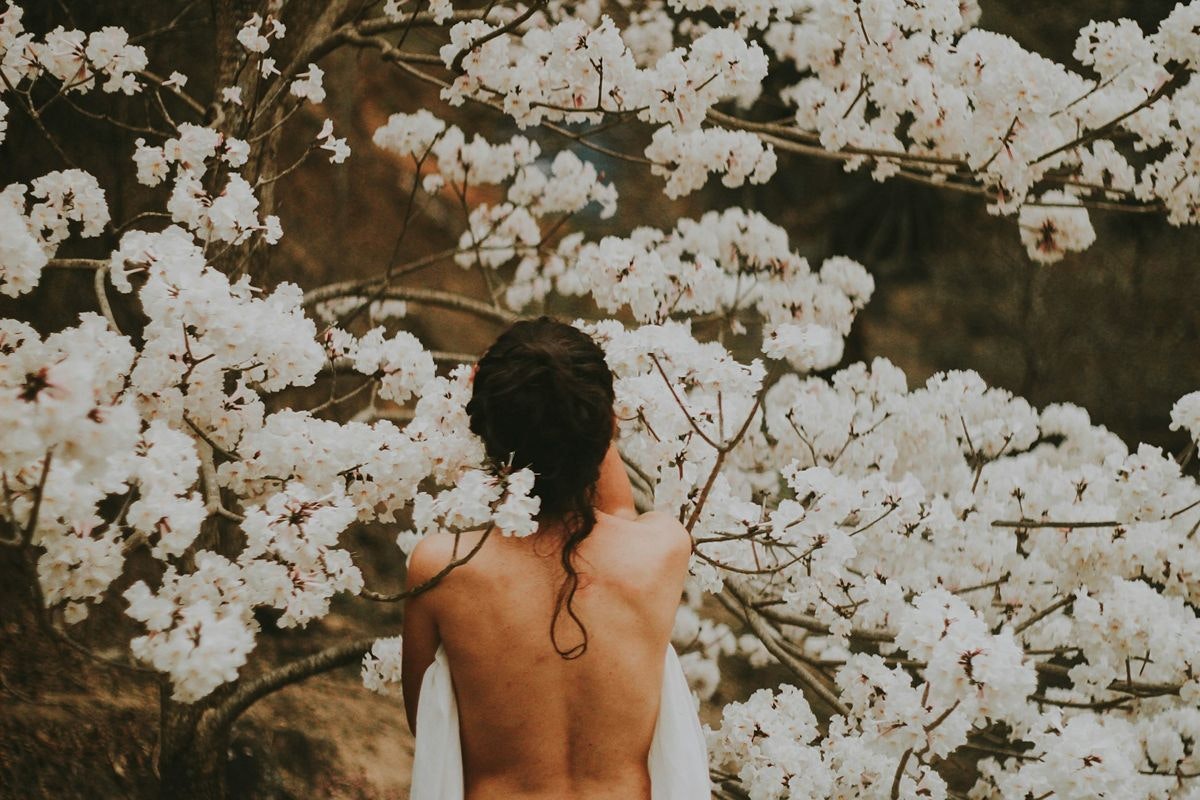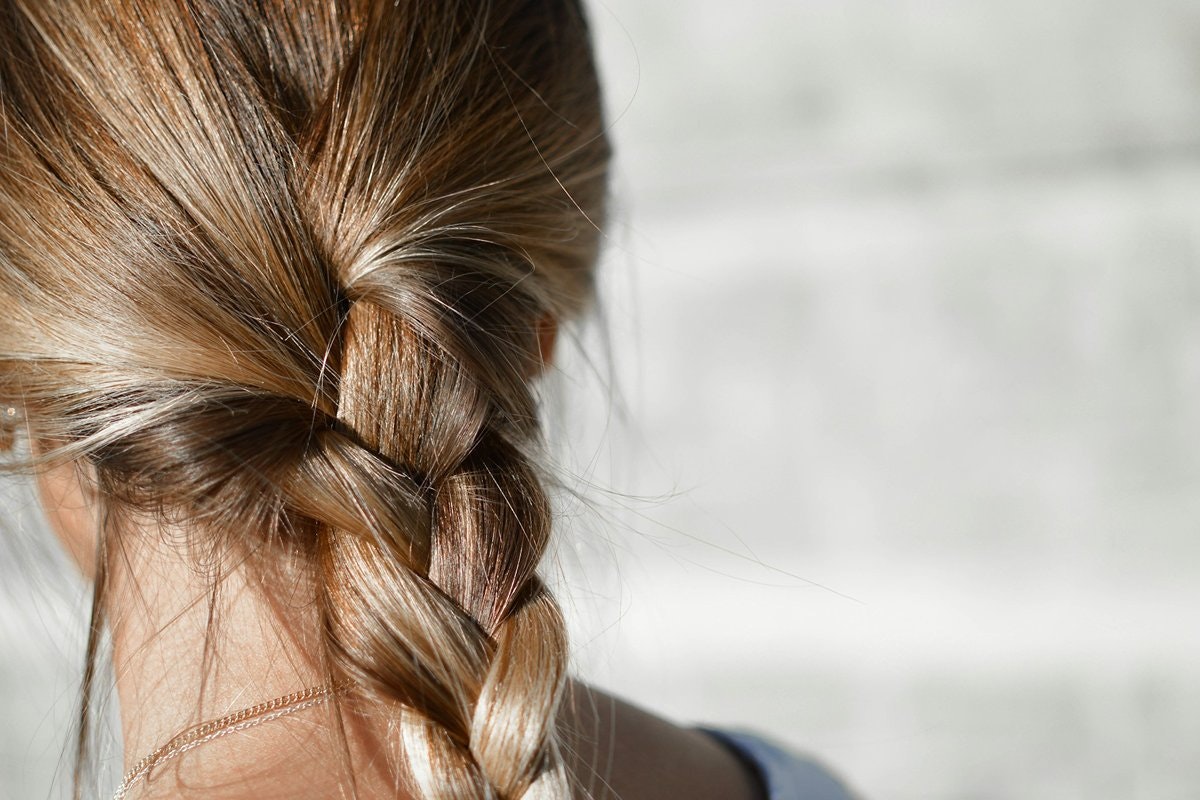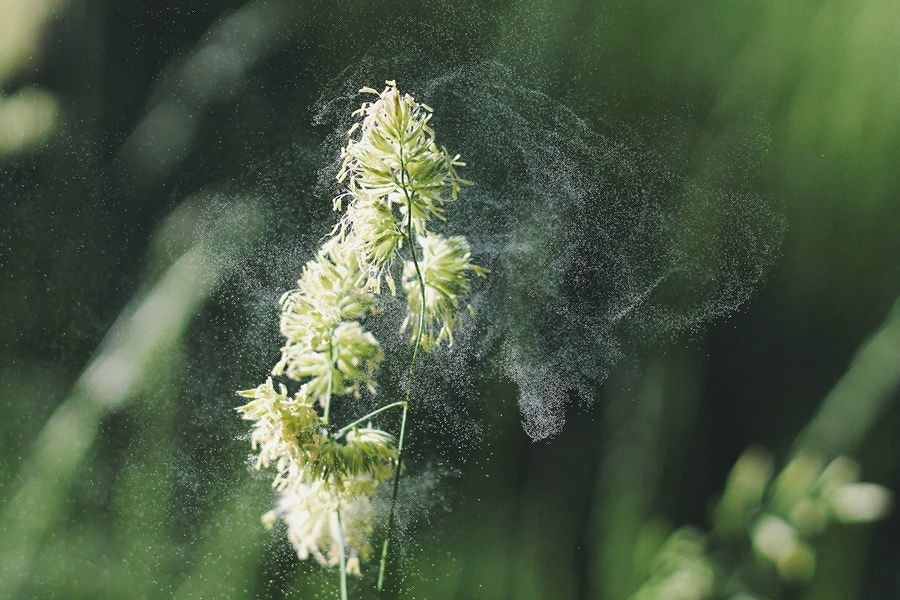Common body changes when arriving in Australia
Moving to Australia can trigger several common body changes, including skin reactions from stronger sun exposure, weight variations from new foods, or seasonal allergies triggered by local plants. In this post we will help you to understand the possible changes that you could experience to help you to adapt quickly and maintain your health in your new Australian environment.

By:
LINA AVILA HENAO
Last Updated:
Nov 23, 2024
Tags:
#daily-life #health
In this article
We all know that the body is highly receptive to changes, especially when we travel from one place to another for an extended period. When traveling from a country that doesn’t have to one that does, like Australia, you may be exposed to new external factors that can cause alterations in your skin, hair, or other parts of your body.
In Australia, the weather conditions are very different from many Latin American countries. Summer is very hot and humid, and winter (although it doesn't snow in most cities) is rainy with strong winds.
In this post, we’ll mention some of the most common body changes that people experience during their stay in Australia. We’ll explain the possible causes behind them and offer practical tips on how you can address or, ideally, prevent them to maintain optimal well-being.
Skin Redness
Due to the changing seasons and various environmental factors in Australia, your skin may experience noticeable redness and dryness. During summer, temperatures can reach very high levels, leading to heavy use of air conditioning. This sudden and constant temperature shift, from a cool environment to a hot one, can disrupt the skin's protective barrier, resulting in moisture loss and skin damage.
On the other hand, winter presents a different challenge. The intense, cold winds hit your face hard, which can also damage the skin, leaving areas red and irritated. The constant dryness of the air and the impact of the cold wind can lead to dehydration, making redness and sensitivity more noticeable.
It’s very important to have a skincare routine to mitigate these adverse effects from the changing weather. Visiting a dermatologist could be a good option to clarify which products available in Australia are best suited for your specific skin type.
Lina's experience
In my case, after living in Australia for a full year, I started noticing red cheeks, and if I looked closely, I could see very prominent and red blood vessels, which caused me a lot of concern. I went to the dermatologist, and he diagnosed me with rosacea, a skin condition that typically first appears in women between the ages of 28 and 30. There are many causes of rosacea, but some of the most common triggers include sudden temperature changes and spicy foods. I was prescribed several creams to treat and manage it, but after using them, I concluded that the only way to close the broken blood vessels was through laser treatment. At the end, I learned to accept this change and live with it.
Hair Loss
Hair loss is a fairly common issue in Australia, and I experienced it as well. One of my hypotheses was the water components.
Lina's experience
After being in Australia for six months, I noticed a significant decrease in the amount of hair I had. I started questioning my diet, stress levels, my hectic lifestyle, and whether I was lacking certain vitamins or minerals. However, all the test results came back normal.
I decided to research further and discovered that tap water in Australia is treated with controlled amounts of chlorine to kill microorganisms, and fluoride is added to protect teeth from decay. Other chemicals used during the filtration process include alum and ferric chloride, which are significantly reduced before the water leaves the treatment plant.

One of my hypotheses is that we are not used to this type of water treatment (which, by the way, is very effective, since in Australia, tap water is safe to drink directly), and this causes the hair to become very dry, brittle, and possibly contributes to hair loss. The best option is to test if the water is what’s causing your hair to fall out. Some options include:
Installing a shower filter, one that has great reviews is the AquaBliss - Cromo (SF100) from Amazon
Filtering the water that you drink, I personally used the BRITA water filter and helped my a lot to reduce the redness of my skin.
However, other factors like stress can also contribute to hair loss. When your body starts doing physical work it wasn’t used to this type of pace, it may respond negatively.
An additional natural alternative to water filters to make your hair grow stronger and prevent hair loss is using a shampoo based on rosemary, which I tried, and it worked great for me.
Weight Gain or Loss
In Australia, you’ll likely have a more hectic lifestyle than you had back home. You’ll be studying and working at the same time, so you’ll have very little time to cook. It’s possible that, at first, while adjusting, you’ll eat out more frequently.
In that case, it’s likely that you’ll gain weight. Why? Because meals in Australian restaurants often come with many sauces, and meats or proteins are highly processed (depending on the type of food). You won’t find the typical "corrientazo" (a cheap, home-style meal) or many healthy snack options. So, if you start noticing significant changes in your body, I recommend you start cooking for yourself and packing a lunch.
On the other hand, some people lose weight because they do a lot of physical activity in their jobs (they work in cleaning or hospitality) and are constantly walking from one place to another. You should be aware of any changes and consult with a doctor if you’re not sure what’s causing them.
Allergies
This is a new topic for many Latin Americans in Australia, or at least it was for me. I arrived in Melbourne in September, the middle of spring.
I started noticing redness in my eyes, they were very itchy, became smaller, and I couldn’t open them in the morning. I thought it was conjunctivitis and immediately went to see a General Practitioner (GP). The doctor said, "Welcome to Australia, you have an allergy to pollen". They gave me some antihistamines and it worked out very well – the allergy never bothered me again. However, I know people who experience recurring symptoms whenever there’s a lot of pollen in the air.

There’s also another type of allergy in Australia called "Hay Fever," which occurs when hay (grass that cows eat) becomes airborne in spring. Many people with hay fever experience constant sneezing, eye irritation, and sometimes fever and general discomfort. If this is your case, there are over-the-counter medications that can alleviate the symptoms, but they don’t cure the allergy 100%.
To summarise
It’s very likely that you’ll experience some of these changes in Australia. Don’t worry; you’re not the only one, and there are solutions. The important thing is not to ignore the symptoms and to consult a professional quickly.
There are many homemade remedies to alleviate these discomforts, but don’t rely solely on them if the problem is worsening, and you’re not seeing improvement, you need to take action, remember health is first!


